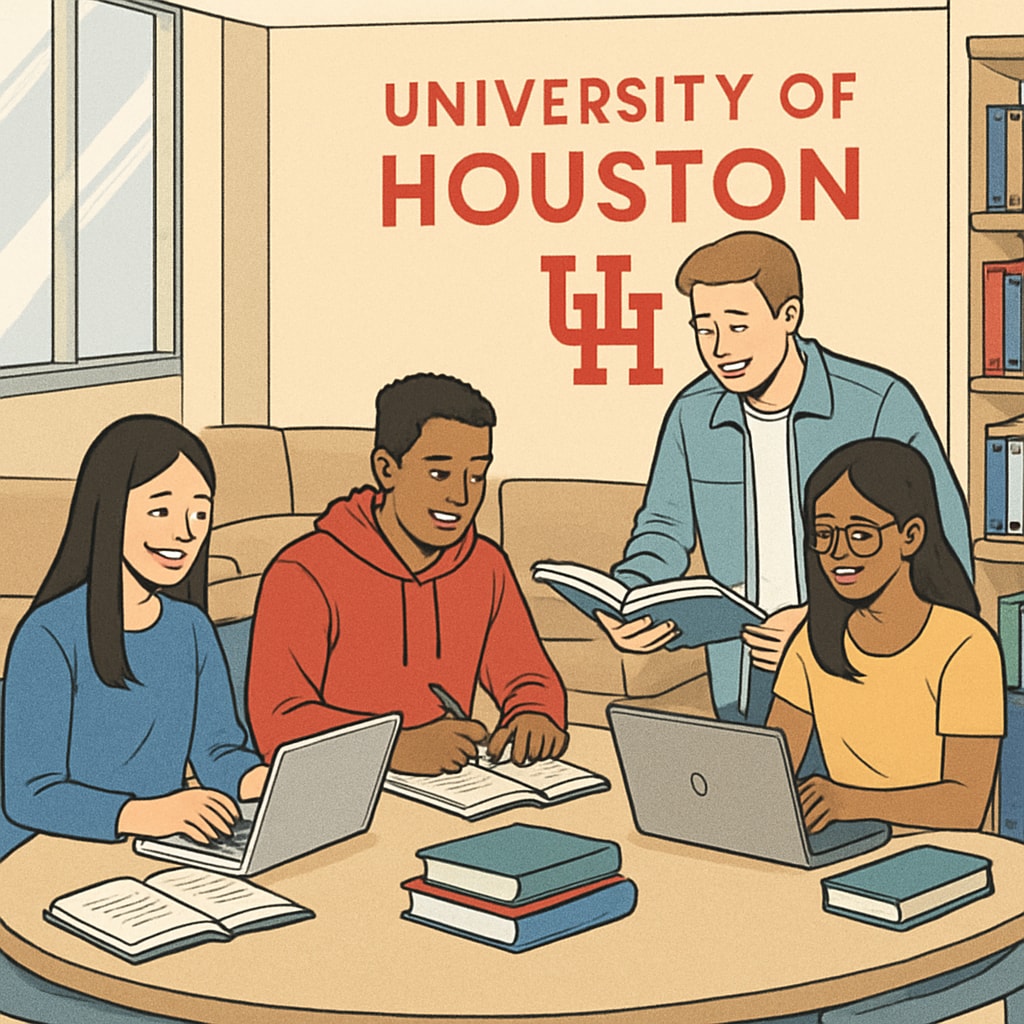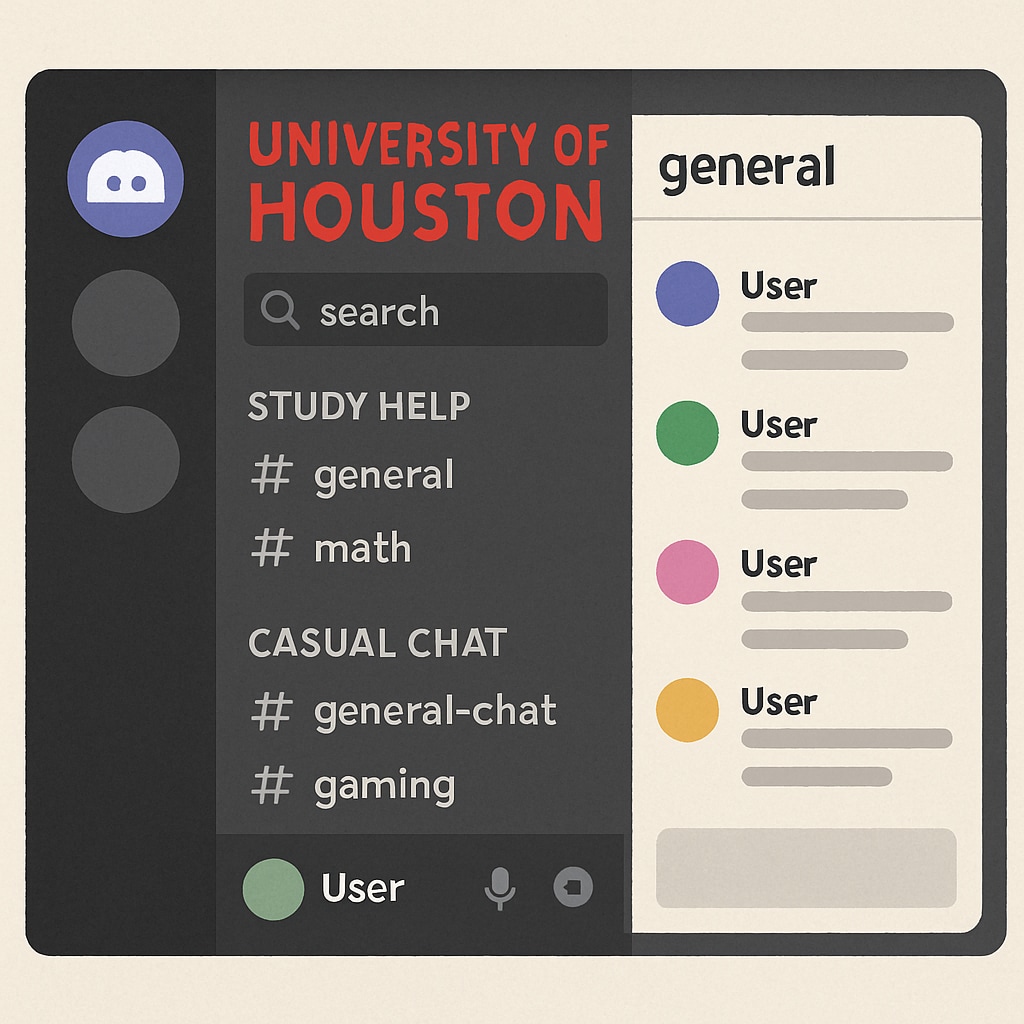Finding effective resources to support academic growth is crucial for students seeking success. At the University of Houston, learning groups and Discord communities have emerged as essential tools for connecting students with peers, fostering collaboration, and enhancing academic performance. Whether through traditional study groups or modern digital communities, these resources provide a structure for students to learn, network, and grow.

The Evolution of Learning Communities
Learning communities have evolved significantly over the years. Traditional study groups, where students meet in libraries or study lounges, remain popular. These groups allow students to share knowledge, clarify doubts, and collectively tackle challenging coursework. However, the digital age has introduced new tools like Discord, a platform initially designed for gaming but now widely used by academic communities.
Discord provides students with a space to engage in conversations, share resources, and even host virtual study sessions. At the University of Houston, many departments and student organizations have established Discord servers to connect students outside the classroom. This shift to digital learning communities has made it easier for students to collaborate regardless of location or time constraints.
Finding Learning Groups and Digital Platforms
For students at the University of Houston, identifying and joining these learning communities can be a game-changer. Here are some practical steps:
- Check Departmental Resources: Many academic departments at UH maintain lists of active study groups or Discord servers. Contact your professors or academic advisors to inquire about these resources.
- Student Organizations: Clubs and organizations often host study sessions or maintain digital communities. For example, engineering or business clubs may have active Discord servers tailored to specific coursework.
- Social Media Groups: Platforms like Facebook or Reddit often host university-specific groups where students share information about study groups and digital communities.
- Campus Events: Attend events like career fairs or academic workshops, where networking opportunities often lead to forming or joining study groups.

The Impact on Academic Success
Learning groups and Discord communities are more than just convenient tools—they play an integral role in student success. Studies have shown that collaborative learning enhances critical thinking and problem-solving skills. By engaging with peers, students gain diverse perspectives, which can deepen their understanding of complex topics.
Additionally, these communities provide emotional support. University life can be stressful, and participating in a study group helps students feel less isolated. Discord servers often include casual channels for chatting, sharing memes, or discussing hobbies, creating a sense of belonging within the academic environment.
For example, the University of Houston’s engineering Discord server allows students to discuss challenging projects, share coding tips, and even organize study marathons during finals, fostering both academic and social connections.
Tips for Maximizing Learning Community Benefits
To make the most out of these resources, consider the following tips:
- Be Active: Regular participation ensures you stay updated and benefit from the collective knowledge of the group.
- Share Resources: Contribute by sharing notes, useful websites, or tips with peers. Reciprocity strengthens the community.
- Establish Goals: Set clear study objectives for each session to ensure productive collaboration.
- Respect Diversity: Embrace differing opinions and approaches to enrich your learning experience.
By following these steps, students at the University of Houston can leverage learning groups and Discord communities to enhance their academic journey.
Readability guidance: Use short paragraphs and lists to summarize key points. Include relevant examples from campus life to illustrate ideas clearly. Maintain a balance between active and passive voice, and evenly distribute transition words throughout the article.


